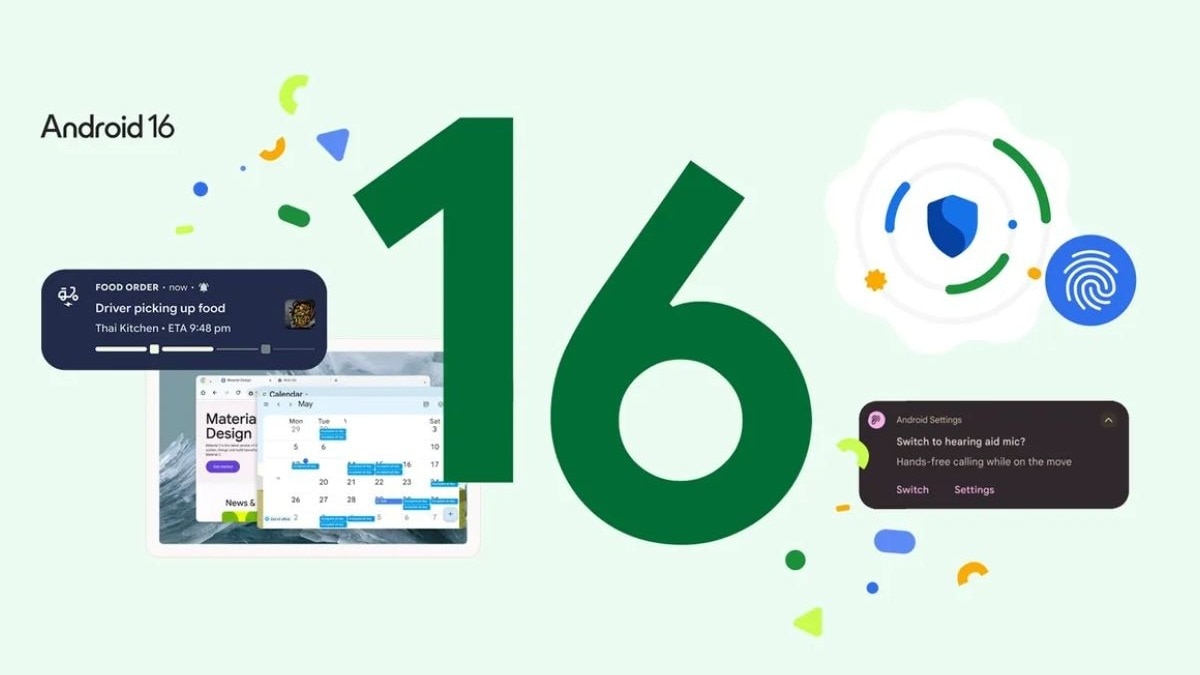Highlights
India’s Role in the Global AI Landscape
India is emerging as a key player in the global AI sector, as highlighted by OpenAI’s CEO, Sam Altman. He emphasized that the nation is poised to become a leader in the AI movement during a discussion with IT Minister Ashwini Vaishnaw. Altman pointed out the country’s growing AI framework, which includes everything from chip production to the creation of AI models and applications.
Altman remarked that India represents a crucial market for AI, particularly for OpenAI, which sees the country as its second-largest market. The number of users has reportedly tripled in the last year. He acknowledged that India is fully adopting AI technologies and is constructing a comprehensive structure that includes chips, models, and applications.
India’s AI Push Gains Momentum
The initiatives for AI in India are rapidly expanding, with plans to create its foundational AI model being announced. Minister Vaishnaw reiterated the nation’s determination, stating the belief that innovation can stem from any corner of the globe, including India.
Recently, the Indian government introduced a national AI initiative featuring:
- A foundational AI model designed to compete with ChatGPT and DeepSeek R1.
- A national computing infrastructure equipped with 18,693 GPUs to assist startups and researchers in developing AI applications.
- A government-supported subsidy that aims to reduce the cost of AI computing in India to under ₹100 per hour ($1.16), which is significantly lower than the global average of $2.5-$3 per hour.
Minister Vaishnaw explained that India’s AI framework will be grounded in three essential components—GPUs, models, and applications.
Competitive Landscape and OpenAI’s Challenges
Altman’s visit coincides with heightened competition from Chinese AI startup DeepSeek, which has made waves in the industry with its affordable and effective AI models. DeepSeek’s R1 model, developed for less than $6 million, has surpassed ChatGPT as the leading free AI application on the Apple App Store.
This disruption has triggered significant financial impacts, including a record loss of $590 billion in market value for AI chipmaker Nvidia in a single day, marking the largest one-day loss by any company ever.
Furthermore, OpenAI faces several legal challenges in India, with multiple copyright lawsuits. The company asserts that it utilizes only publicly accessible data and has raised questions regarding the jurisdiction of Indian courts in these matters.
Geopolitical Context and Future Collaborations
Altman’s visit to India is part of the broader geopolitical competition within the AI sector. Last month, the U.S. government announced a $500 billion investment in AI infrastructure through partnerships with firms like Oracle, Microsoft, and SoftBank, aimed at enhancing the nation’s AI capabilities. Additionally, OpenAI and SoftBank have launched a 50:50 joint venture called SB OpenAI Japan, focusing on expanding AI applications in Japan.
As India constructs its AI ecosystem, OpenAI is also keen on collaboration. After their dialogue, Minister Vaishnaw tweeted that Altman expressed interest in partnering with India across various AI sectors.
In his tweet, Vaishnaw highlighted the engaging discussion with Altman regarding the strategy to create an entire AI framework, covering GPUs, models, and applications, and the willingness to collaborate with India in all three areas.







